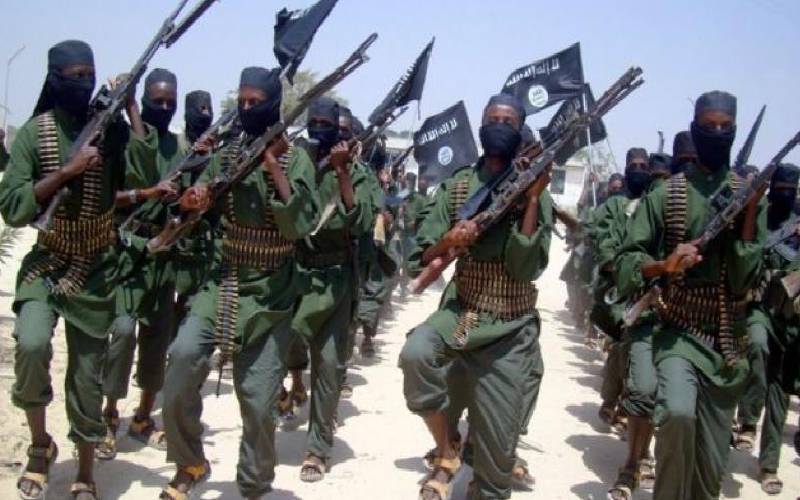×
The Standard e-Paper
Smart Minds Choose Us

Police said the injured were picked up by people in a vehicle with a Somalia registration number.
At least three al Shabaab militants were killed after an IED they were assembling exploded on them in Fafi, Garissa County.